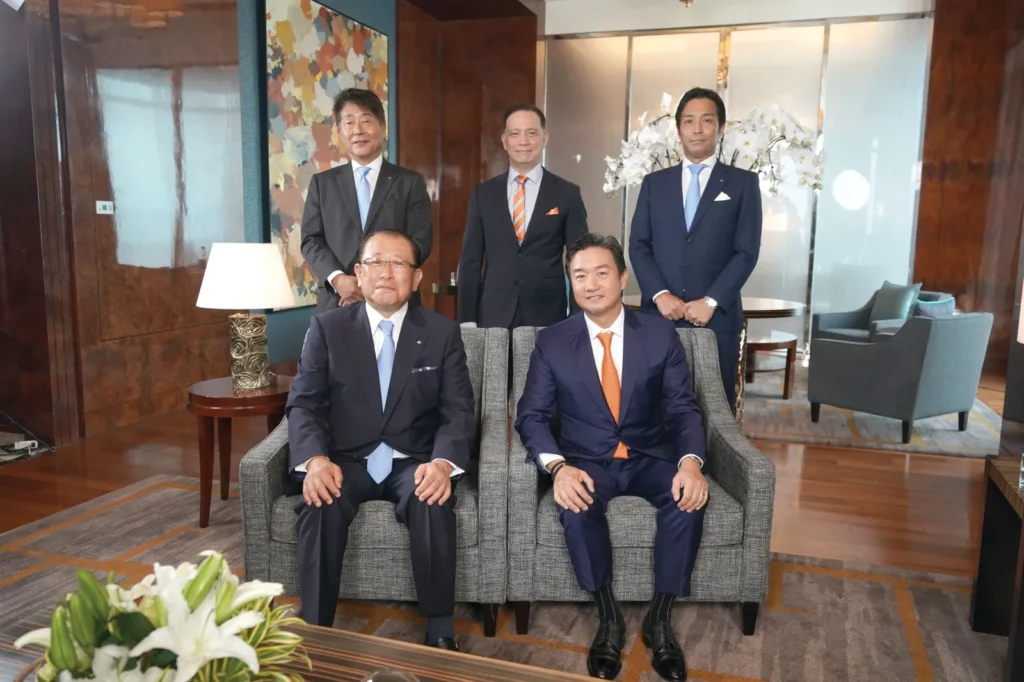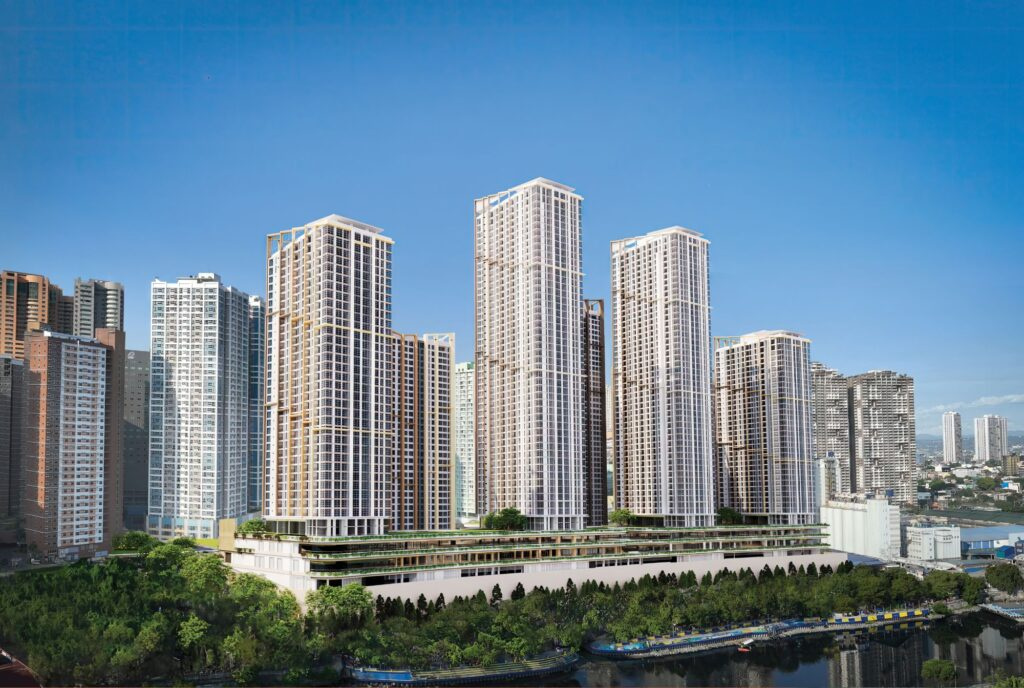FNG represents decades of collaboration between Filipino and Japanese companies, grounded in mutual respect and shared values of industriousness, precision and continuous improvement.
On the special occasions of Japan National Day and Emperor Naruhito’s birthday, Federal Land NRE Global, Inc. (FNG), the joint venture between the Philippines’ Federal Land, Inc. and Japan’s Nomura Real Estate Development Co., Ltd., extends its warmest greetings to the Japanese people and the Imperial Family.
The day serves as a reminder of the enduring friendship between the two nations, built on a foundation of mutual respect, shared values, and a common vision for progress.
Federal Land, Inc. is the wholly-owned property development arm of GT Capital Holdings, Inc. (GT Capital), a trusted partner of Japanese enterprises. The bond between the Philippines and Japan has been a cornerstone of GT Capital’s partnerships, beginning in 1988, when Dr. George S.K. Ty and Shoichiro Toyoda laid the groundwork for what would become a transformative force in Philippine industry—Toyota Motor Philippines Corporation (TMP).

With its unparalleled commitment to innovation and quality, TMP has grown to become a key player in the Philippine economy, contributing up to 4 percent of GDP at its peak, investing ¥13.9 billion (P5.4 billion) in local auto manufacturing, and selling nearly 190,000 Vios units since 2018.
Beyond the automotive industry, GT Capital has expanded into a diverse set of other sectors, such as finance and real estate. The alliances it has forged with Japanese giants such as ORIX Corporation, Sumitomo Corporation, Nomura Real Estate Development Co., Ltd., and Isetan Mitsukoshi Holdings Ltd., led to creation of iconic residential and commercial developments and accessible financing solutions for Filipinos.
The partnerships in real estate have led to the creation of iconic developments such as The Grand Midori, which is a Zen-inspired sanctuary; the luxurious and world-class Grand Hyatt Manila and Grand Hyatt Residences; The Seasons Residences, which is the country’s first residential project with a distinct Japanese concept; and Mitsukoshi BGC, the first Japanese mall in the Philippines.
For driving meaningful and innovative collaborations, Dr. Ty was awarded by then-Emperor Akihito with Japan’s highly prestigious Order of the Rising Sun, Gold and Silver Star decoration on 7 November 2017.

A pillar of innovation and excellence
A name synonymous with quality, precision engineering, and visionary urban design, Nomura Real Estate is prominent in shaping the modern Japanese cityscape, bringing to life developments that seamlessly blend form and function for over six decades.
From iconic skyscrapers in Tokyo’s business districts to meticulously planned residential communities, Nomura Real Estate’s expertise extends far beyond constructing buildings — it creates thriving, livable environments that enhance people’s quality of life.
This philosophy is the driving force behind FNG, a strategic partnership between Federal Land and Nomura Real Estate.
FNG represents the seamless fusion of Japanese excellence and Filipino ingenuity, bringing a new paradigm of urban development to the Philippines — one that prioritizes community, functionality, and environmental well-being.

Redefining the future of urban living
FNG is more than just a property developer; it is a catalyst for transformation, introducing Japan-inspired living to the Philippines.
One of FNG’s pioneer projects, The Observatory in Mandaluyong City, is a 4.5-hectare mixed-use development designed to embody Japanese minimalism, efficiency, and innovative design, while maintaining the Filipino spirit of togetherness through its amenities that encourage sense of community.
Its first tower, Sora, named after the Japanese word for “sky,” is a perfect representation of FNG’s brand pillars — Japanese, innovation, and collaboration.
Designed by Nikken Housing System, the firm behind Roppongi Hills in Tokyo, and in collaboration with local architects PRSP, The Observatory represents the pinnacle of international and local expertise, ensuring a balance between global standards and Filipino identity. With its breathtaking views, thoughtfully designed spaces, and dedicated open spaces that serve as a sanctuary in the heart of Metro Manila, it reflects a balance of human-centric, nature, and cultural elements.

The developer’s horizontal community in Cavite, Yume at Riverpark, is another story of collaboration. The residential project’s Filipino-Japanese architecture is a product of a harmonious collaboration between renowned UDS Japan and the Philippines’ Ed Calma.
By integrating Japanese work ethics, meticulous attention to detail, and long-term strategic planning with Filipino adaptability and resilience, FNG is building not just homes and commercial spaces, but legacies that will shape the future.
This commitment to excellence is why FNG stands as a beacon of Philippine-Japanese collaboration, proving that when two nations with shared values and mutual respect come together, they can create something truly extraordinary.










